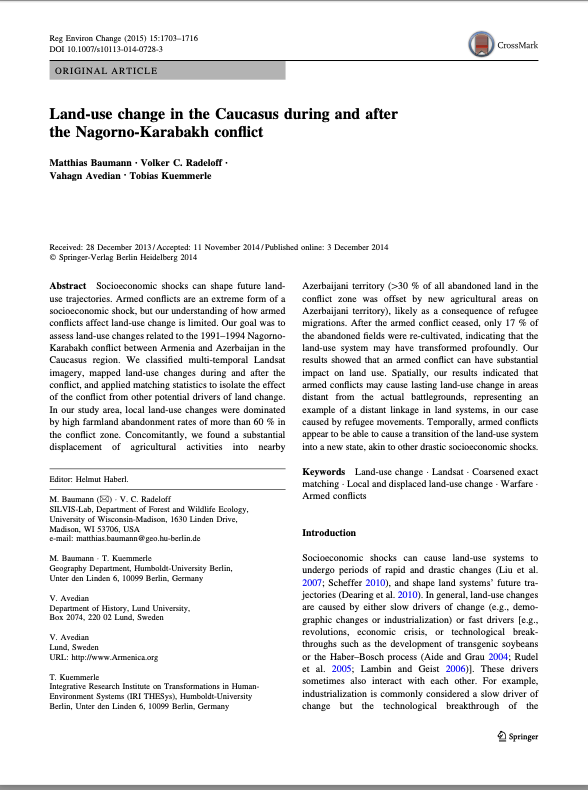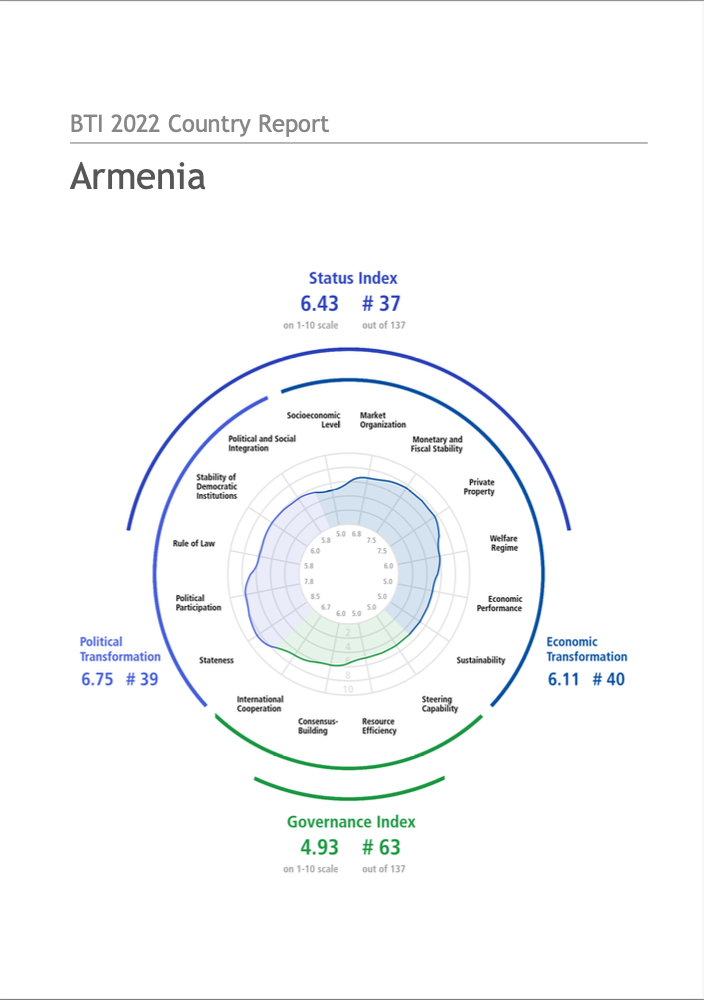The April 2021 Kyrgyz-Tajik Border Dispute: Historical and Causal Context
In late April, 2021, deadly cross-border violence resulted in the deaths of 36 Kyrgyz and 19 Tajik citizens.1 To say that the Kyrgyz-Tajik border is complicated would be an understatement. The Soviet collapse in 1991 transformed internal and often overlooked administrative boundaries into suddenly salient and internationally recognized state borders. Villages, farmland, pasture, and infrastructure once shared with little afterthought during the Soviet period today straddle sovereign nations. Exclaves make cross-border travel, commerce, and politics even more complicated.











